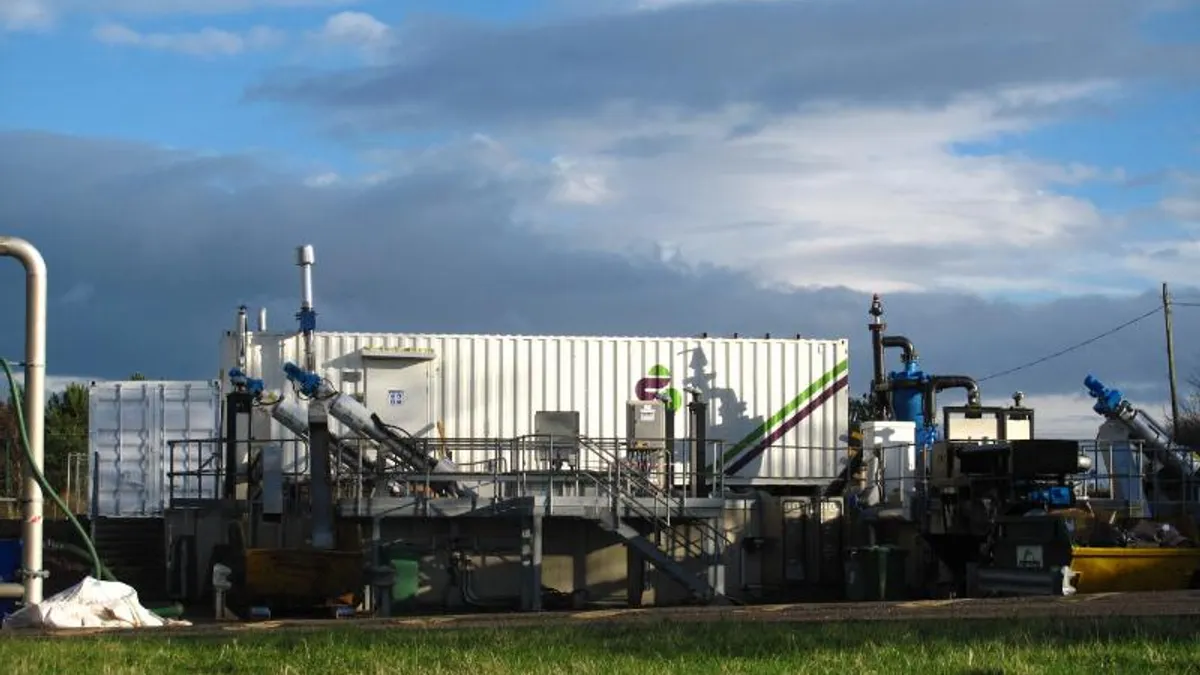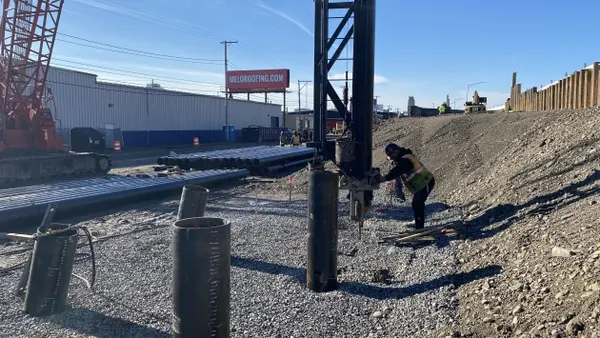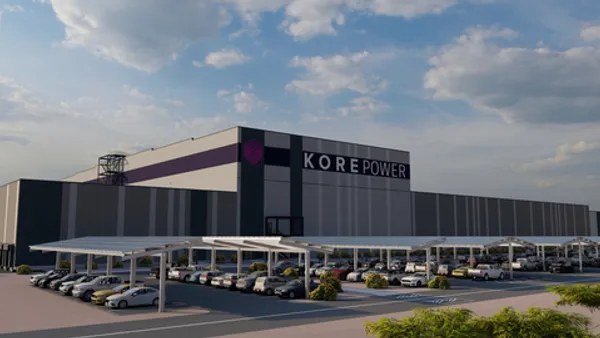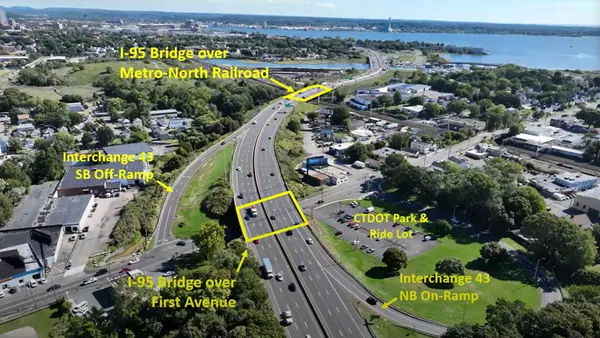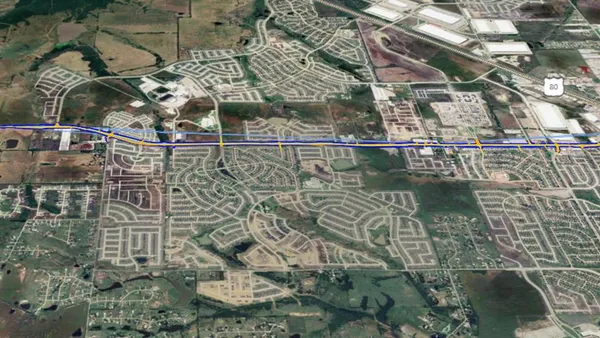Dive Brief:
-
The San Francisco Public Utilities Commission has awarded a $939 million contract to replace the biosolid digester facilities at the city's Southeast Water Pollution Control Plant — the largest wastewater treatment facility in San Francisco, according to WaterWorld.
-
The joint venture of MWH Constructors and Webcor Builders, with Brown & Caldwell, Black & Veatch and CH2M, will upgrade the plant's systems, Engineering News-Record reported. The new system will allow the plant to produce higher quality biosolids, better treat odors and more efficiently produce heat, steam and energy.
-
The Biosolids Digester Facilities Project is part of the city's 20-year Sewer System Improvement Program that will see billions spent on upgrading the city's aging sewer systems. The facility will be built in two phases starting in 2018, with completion scheduled for mid-2025.
Dive Insight:
Since President Donald Trump took office earlier this year, much of the hype his campaign and administration garnered around infrastructure has been geared toward highways, bridges and other transportation projects.
Still, the need to upgrade utilities is also a pressing one. The issue came to the fore last year in Flint, MI, when the Environmental Protection Agency detected unsafe levels of lead in the city's drinking water after years of residents reporting other water-related problems.
Deterioration in the country's water plants and distribution pipes, in addition to industrial dumping, farming operations and pollution, has seen as many as 20% of Americans exposed to potentially unsafe water more than once during the last 10 years, The Texas Tribune reported. The EPA projected that a local-water system investment of $384 billion over the next two decades would be necessary to maintain sufficient levels of clean drinking water. However, smaller treatment plants will likely be unable to afford to make such improvements.
To make water-related infrastructure more affordable, Congress established the Water Infrastructure Finance and Innovation Act of 2014 (WIFIA). Under that measure, a variety of organizations and governments can apply for low-interest loans to upgrade or add water-related facilities. As of last month, the EPA has invited 12 projects — covering topics such as wastewater treatment, water recycling, sewer overflow and drinking water — to apply for the first WIFIA loans.


